Hong Kong Media Tycoon: A US-China Flashpoint
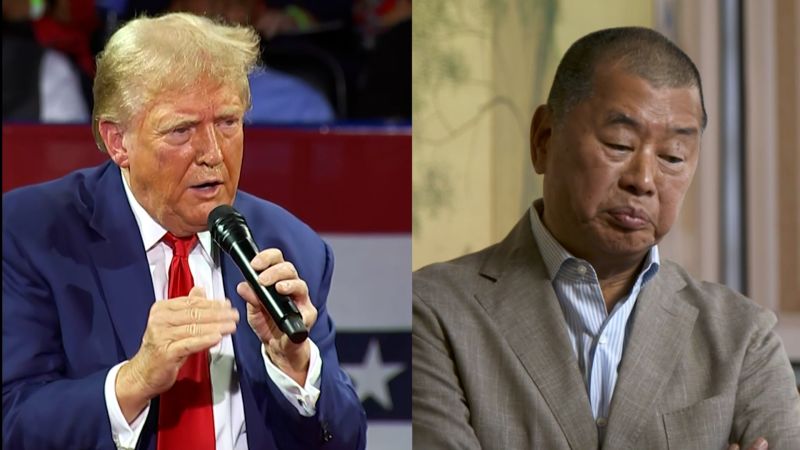
Welcome to your ultimate source for breaking news, trending updates, and in-depth stories from around the world. Whether it's politics, technology, entertainment, sports, or lifestyle, we bring you real-time updates that keep you informed and ahead of the curve.
Our team works tirelessly to ensure you never miss a moment. From the latest developments in global events to the most talked-about topics on social media, our news platform is designed to deliver accurate and timely information, all in one place.
Stay in the know and join thousands of readers who trust us for reliable, up-to-date content. Explore our expertly curated articles and dive deeper into the stories that matter to you. Visit Best Website now and be part of the conversation. Don't miss out on the headlines that shape our world!
Table of Contents
Hong Kong Media Tycoon: A US-China Flashpoint
The ongoing saga surrounding Jimmy Lai, the prominent Hong Kong media tycoon and outspoken critic of China, has become a significant flashpoint in the already strained US-China relationship. His case highlights the complex interplay between press freedom, national security, and geopolitical power struggles in the Asia-Pacific region. Lai's arrest and subsequent trial have drawn international condemnation, further exacerbating tensions between the two global superpowers.
The Charges and the Controversy:
Lai, founder of the now-defunct Apple Daily newspaper, faces charges under Hong Kong's controversial National Security Law, enacted in 2020. These charges, including collusion with foreign forces and fraud, have been widely criticized by human rights organizations and Western governments as politically motivated attempts to silence dissent. The prosecution argues Lai's actions undermined China's sovereignty and national security, citing his close ties with US officials and his persistent criticism of the Chinese Communist Party (CCP).
The accusations against Lai center around his alleged support for the 2019 pro-democracy protests in Hong Kong. The CCP views these protests as a direct challenge to its authority, and the subsequent crackdown has been seen as a deliberate effort to quell any future dissent. This crackdown includes the arrest of numerous pro-democracy activists and the dismantling of independent media outlets like Apple Daily, which was forced to shut down after a police raid and the freezing of its assets.
International Implications and the US Response:
The US government has consistently condemned Lai's prosecution, viewing it as a violation of Hong Kong's autonomy and a blatant attack on freedom of the press. The US has imposed sanctions on several Chinese and Hong Kong officials involved in the crackdown, further escalating tensions. This situation underscores the broader geopolitical context, with the US and its allies increasingly concerned about China's growing influence and its erosion of democratic values in Hong Kong.
The Lai case has become a symbol of this broader struggle. For the US, it represents a battle for democratic principles and the defense of a free press against authoritarianism. For China, it's a matter of maintaining stability and control over Hong Kong, a territory it considers an integral part of its sovereign territory.
The Future of Hong Kong's Press Freedom:
The outcome of Lai's trial will have significant implications for the future of press freedom in Hong Kong. His conviction would likely signal a further tightening of control over the media landscape, effectively silencing remaining dissenting voices. This would have far-reaching consequences, not only for Hong Kong but also for the broader region, potentially chilling free expression and independent journalism across Asia.
Key questions remain unanswered:
- Will the international pressure on China regarding Lai's case result in any meaningful changes to the legal proceedings?
- How will the outcome of Lai's trial affect the already fragile relationship between the US and China?
- What measures can be taken to protect press freedom and the rights of journalists in Hong Kong and other regions facing similar challenges?
The Hong Kong media tycoon's case is far more than just a legal battle; it's a stark reminder of the escalating tensions between the US and China, a fight playing out on the streets of Hong Kong, and a battle for the future of freedom of expression in a rapidly changing world. The international community will be watching closely to see how this significant geopolitical flashpoint unfolds.

Thank you for visiting our website, your trusted source for the latest updates and in-depth coverage on Hong Kong Media Tycoon: A US-China Flashpoint. We're committed to keeping you informed with timely and accurate information to meet your curiosity and needs.
If you have any questions, suggestions, or feedback, we'd love to hear from you. Your insights are valuable to us and help us improve to serve you better. Feel free to reach out through our contact page.
Don't forget to bookmark our website and check back regularly for the latest headlines and trending topics. See you next time, and thank you for being part of our growing community!
Featured Posts
-
 Dev Security New Challenges And Solutions For Banning Bots And Boosters This Year
Aug 17, 2025
Dev Security New Challenges And Solutions For Banning Bots And Boosters This Year
Aug 17, 2025 -
 Dev Security Enhancements Strategies For Preventing Bots And Boosters
Aug 17, 2025
Dev Security Enhancements Strategies For Preventing Bots And Boosters
Aug 17, 2025 -
 La Familia De Aldo De Nigris Descubriendo La Vida De Sus Progenitores
Aug 17, 2025
La Familia De Aldo De Nigris Descubriendo La Vida De Sus Progenitores
Aug 17, 2025 -
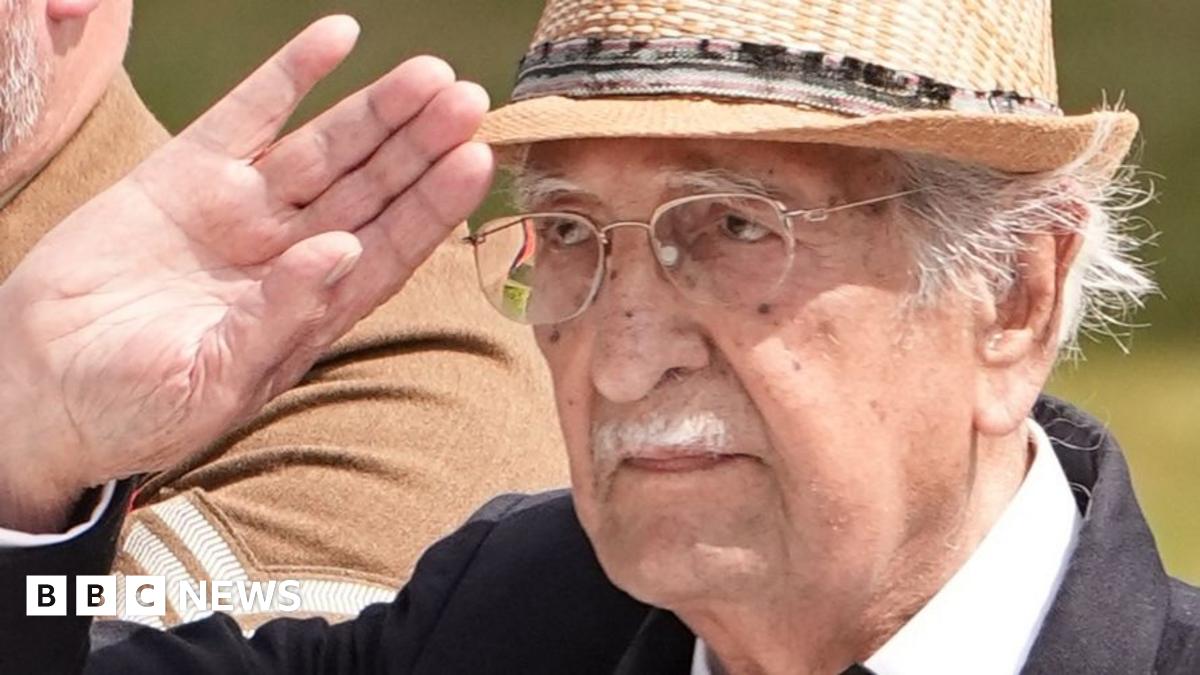 Queen Camillas Emotional Vj Day Remembrance A Veterans Powerful Testimony
Aug 17, 2025
Queen Camillas Emotional Vj Day Remembrance A Veterans Powerful Testimony
Aug 17, 2025 -
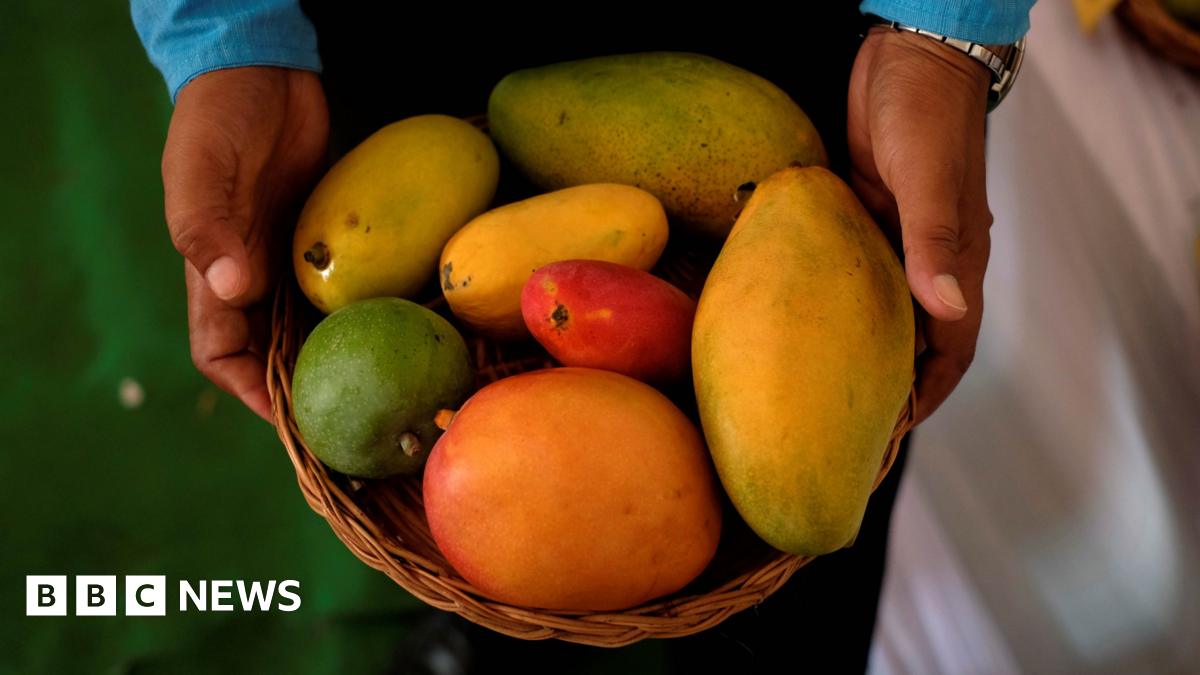 Mangoes And Diabetes New Research From India Offers Clarity
Aug 17, 2025
Mangoes And Diabetes New Research From India Offers Clarity
Aug 17, 2025
Latest Posts
-
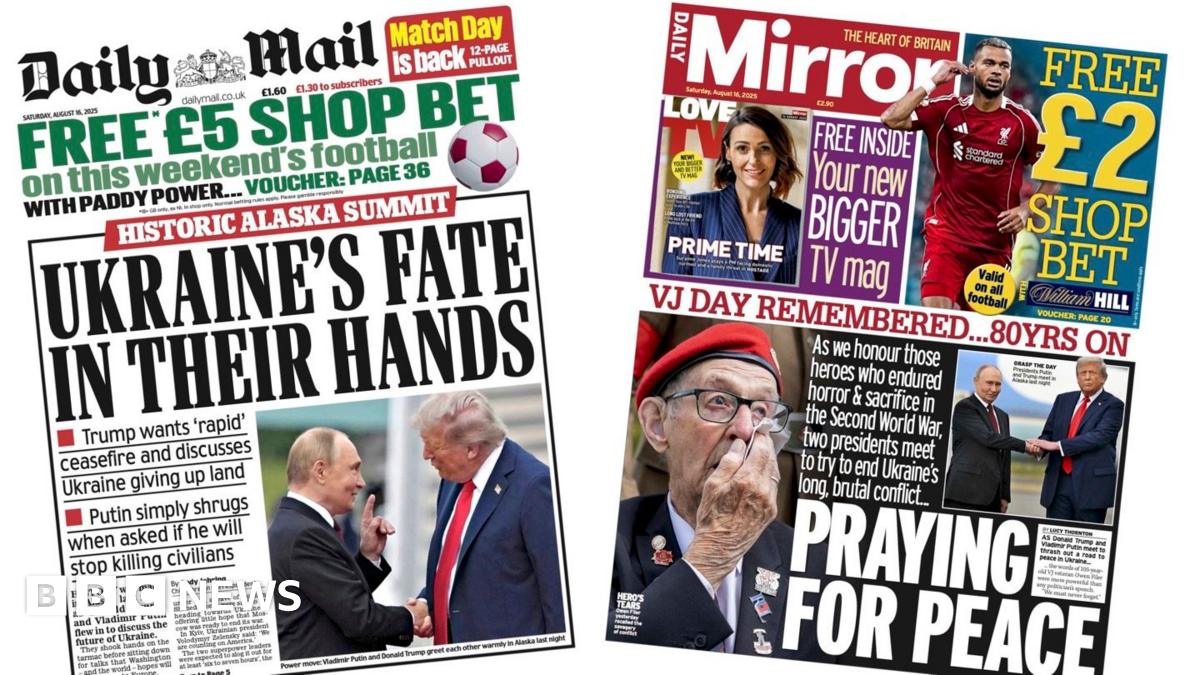 The Ukrainian Peoples Struggle For Peace And Sovereignty
Aug 17, 2025
The Ukrainian Peoples Struggle For Peace And Sovereignty
Aug 17, 2025 -
 Can Topshop Reclaim Its Place As A High Street Fashion Icon
Aug 17, 2025
Can Topshop Reclaim Its Place As A High Street Fashion Icon
Aug 17, 2025 -
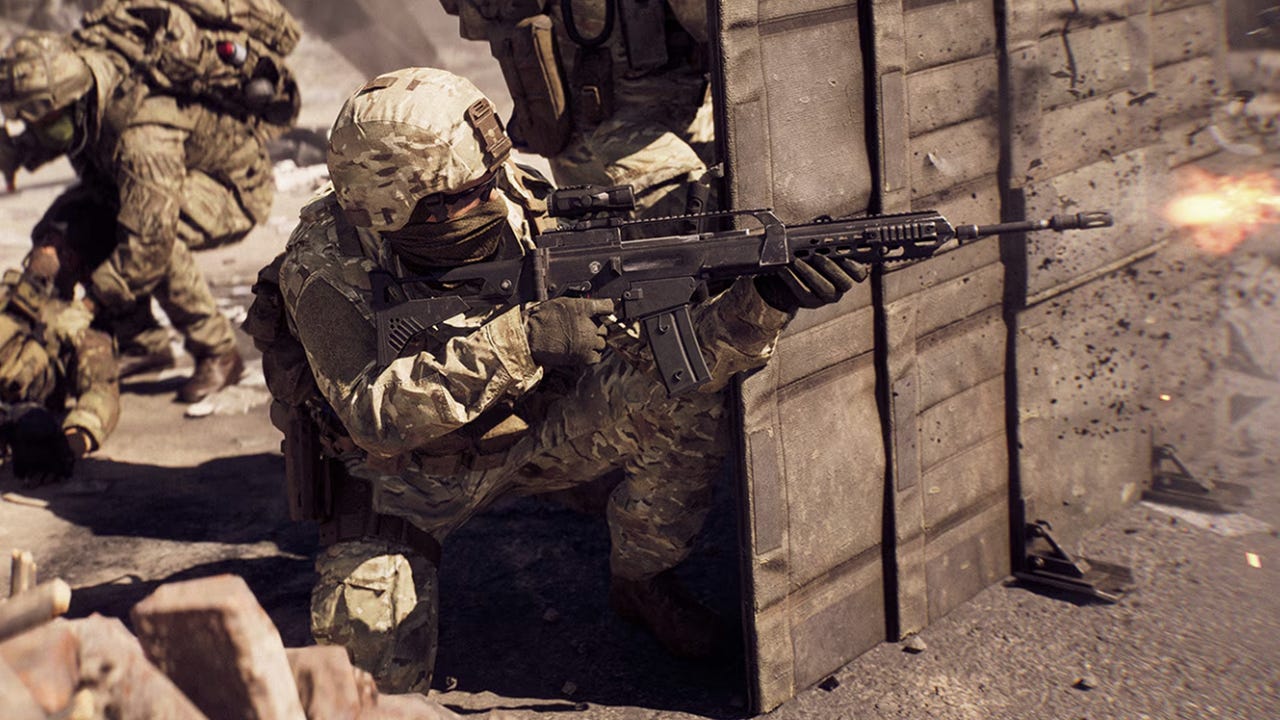 Battlefield 6 Beta Review A Deep Dive Into Multiplayer Gameplay
Aug 17, 2025
Battlefield 6 Beta Review A Deep Dive Into Multiplayer Gameplay
Aug 17, 2025 -
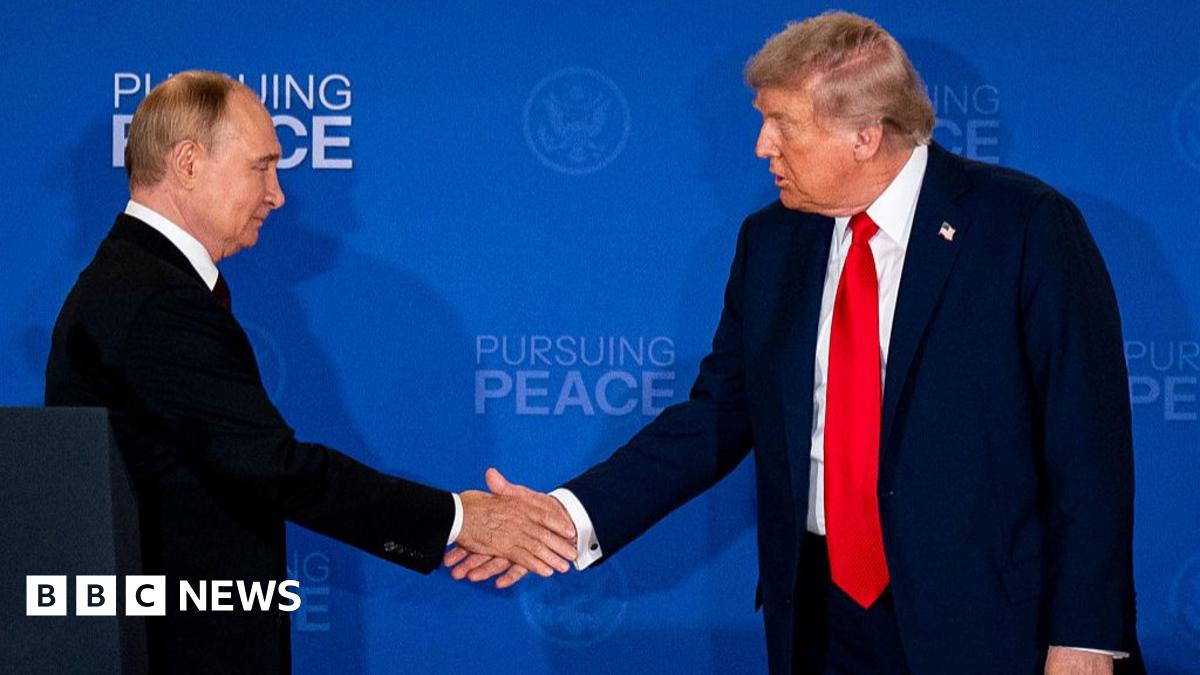 Understanding The Trump Putin Alaska Summit Five Crucial Points
Aug 17, 2025
Understanding The Trump Putin Alaska Summit Five Crucial Points
Aug 17, 2025 -
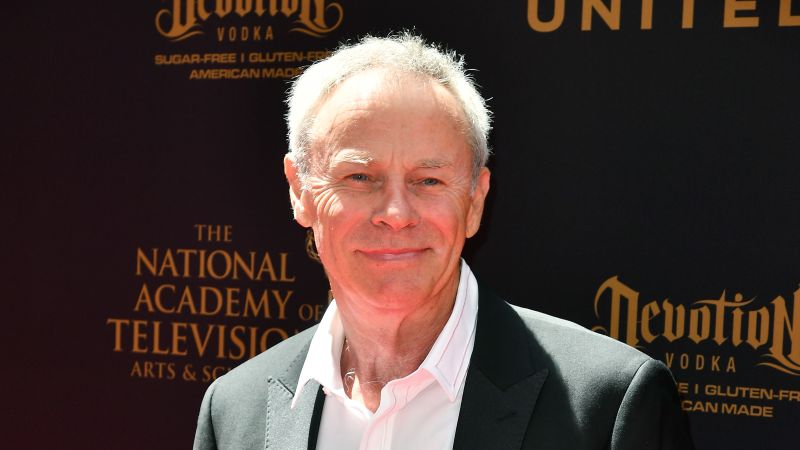 Tristan Rogers Dead At 79 Remembering Robert Scorpio Of General Hospital
Aug 17, 2025
Tristan Rogers Dead At 79 Remembering Robert Scorpio Of General Hospital
Aug 17, 2025
